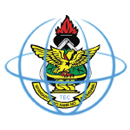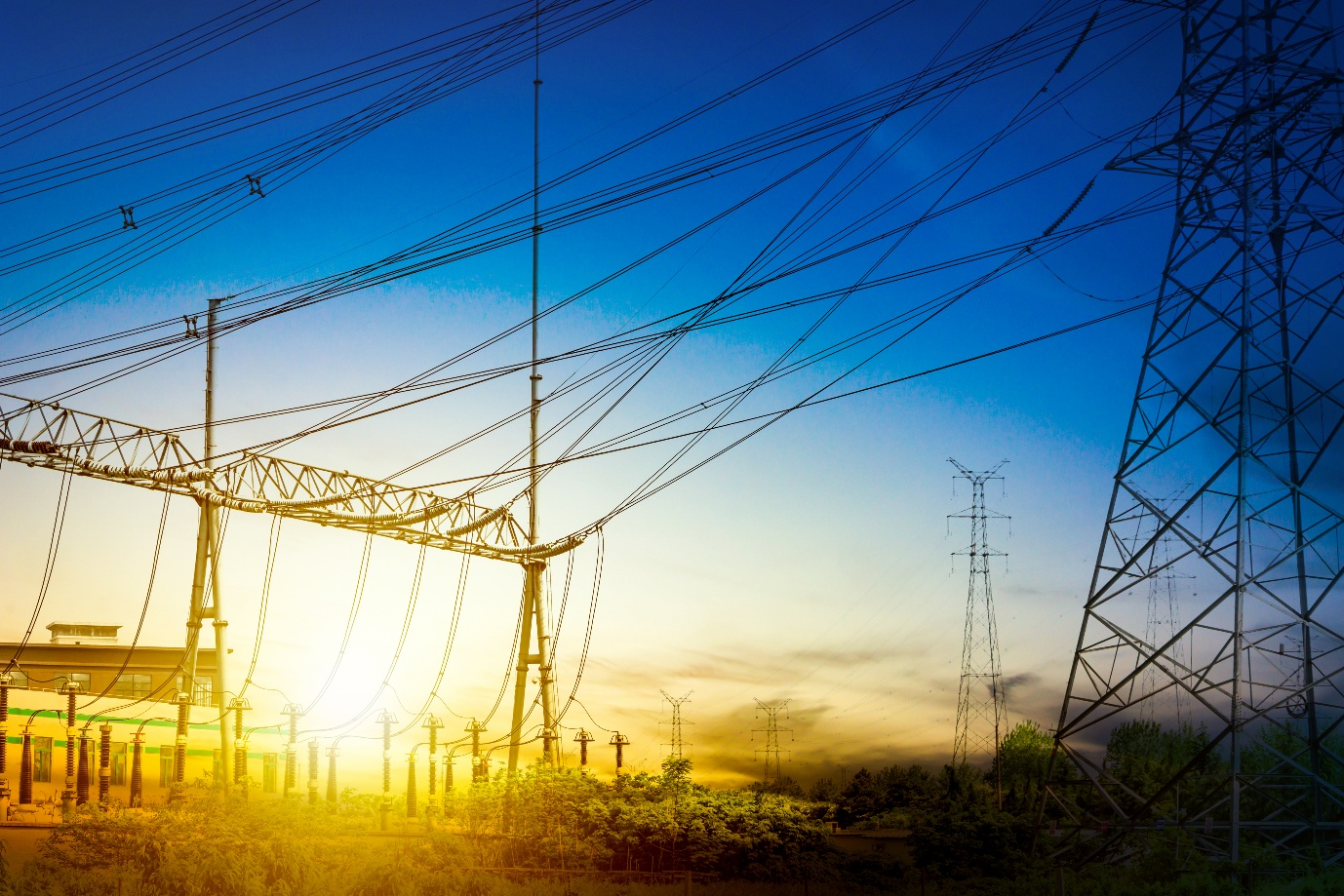A study conducted by fellows of the Brew-Hammond Energy Centre, KNUST has revealed that prolonged power crises in Ghana have significantly reduced electricity demand by as much as 32% in the long run, as industries and households turn to alternative energy sources.
The study published in international journal of sustainable energy examined electricity consumption patterns in Ghana, focused particularly on the 2012–2015 power crisis, described as the most intense and protracted in the country’s history.
The study led by Dr. John Bosco Dramani explored two key dimensions: the general impact of power crises over time and the specific effects of the 2012–2015 crisis.
According to the findings, the 2012–2015 crisis triggered both immediate and sustained reductions in electricity demand, with long-term effects ranging from 27% to 32%.
“The severity of the crisis led many economic actors to cut down on power usage temporarily and also shift to more permanent alternatives, reducing their long-term dependence on the national electricity grid,” the authors stated.
The study also identified rising income levels and urbanisation as factors positively influencing electricity demand, reinforcing the need for consistent and reliable electricity supply to match the country’s economic path.
The study recommends that Ghanaian policymakers prioritise eliminating power crises through sustained infrastructure investment and expansion of renewable energy. In the event of unavoidable crises, strategic electricity rationing should protect key industries.
Additionally, with price playing a relatively weak role in influencing electricity demand, the study suggests redirecting subsidies toward improving power generation and distribution rather than maintaining low tariffs.
Other researchers were Dr. Frank Adusah-Poku and Dr. Kwame Adjei-Mantey

